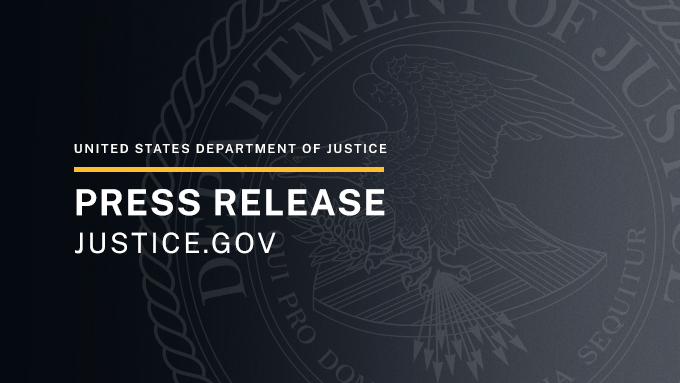Imagine getting a call saying you’ve just won a massive cash prize—only to find out later it was all a scam.
That’s what happened to hundreds of Americans, and the man behind the scheme just got hit with a major prison sentence.
A Cruel Scam Targeting the Elderly
From a call center nestled in Costa Rica, 41-year-old Roger Roger orchestrated a long-running telemarketing fraud that preyed on unsuspecting victims in the United States—many of whom were elderly.
The pitch sounded too good to be true: you’ve won a huge sweepstakes, but before you collect the money, you’ll need to pay some “processing fees” first.
Victims were told these upfront costs were necessary to claim their winnings.
They ended up sending thousands—sometimes tens of thousands—of dollars, only to later realize there was no prize at all.
Tricks of the Trade: Disguises and Deceit
To make the scam look legitimate, Roger and his team pulled out all the stops.
They used voice-altering internet phone technology to make it seem like they were calling from Washington, D.C., or other U.S. cities.
They even posed as government officials to gain trust.
And it wasn’t just Roger making the calls.
He trained others in the call center to use the same fake identities and smooth-talking tactics to swindle victims.
A Multimillion-Dollar Fraud Operation
Over the years, the group funneled more than $4 million from their victims in the U.S. to Costa Rica.
At Roger’s trial, prosecutors laid out exactly how the scheme worked—and the evidence was overwhelming.
In September 2024, Roger was convicted on multiple charges, including wire fraud, conspiracy to commit mail fraud, and money laundering.
On top of his 15-year prison sentence, he’s been ordered to pay back over $3.3 million in restitution and forfeit more than $4.2 million in illegal gains.
Brought to Justice With International Help
Roger didn’t go down without a fight. He was arrested in Costa Rica and extradited to the U.S. in February 2023, thanks to coordination between the U.S. Department of Justice and Costa Rican authorities.
Federal agencies including the FBI, IRS Criminal Investigation (IRS-CI), and U.S. Postal Inspection Service (USPIS) all worked together on the case.
The Message Is Clear: Fraud Doesn’t Pay
Speaking after the sentencing, U.S. officials didn’t mince words.
Lisa Lambert, U.S. Trustee for the region, emphasized that the “bankruptcy system depends on transparency”—a principle Roger clearly ignored.
Acting Assistant Attorney General Matthew Galeotti also reiterated the department’s commitment to protecting vulnerable Americans from these types of scams.
Elder Fraud Hotline Is Here to Help
If you or someone you know is over 60 and has been targeted by a scam, there’s a national hotline just for you.
The U.S. Department of Justice’s Elder Fraud Hotline is available seven days a week at 1-833-FRAUD-11 (1-833-372-8311).
Trained case managers can help victims understand their options, report the fraud, and even guide them through steps to recover lost funds.
Help is available in English, Spanish, and other languages—because no one should face financial exploitation alon



